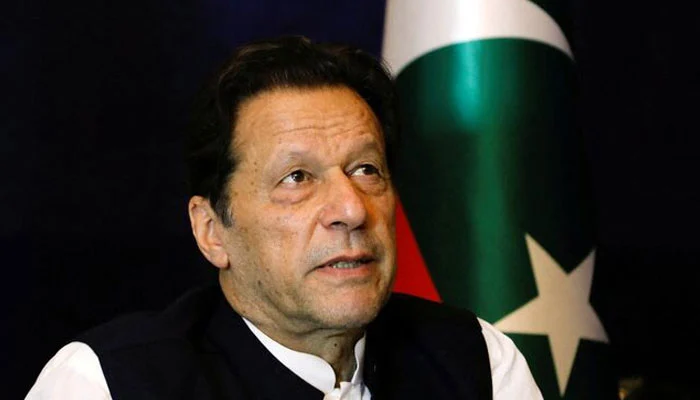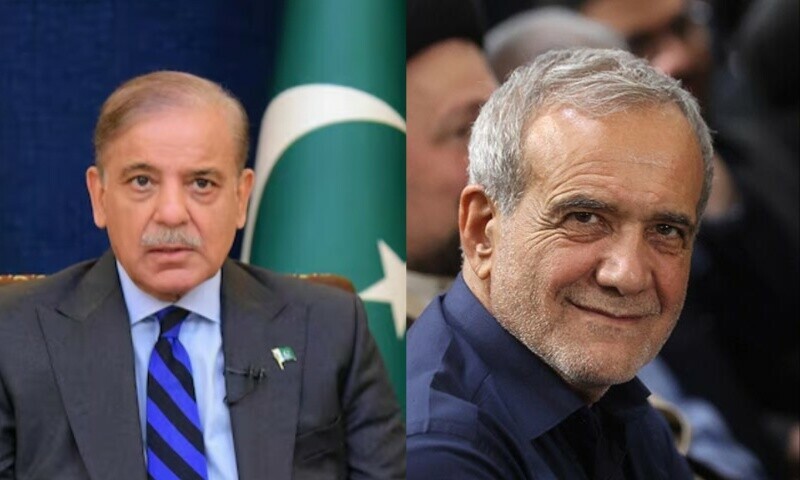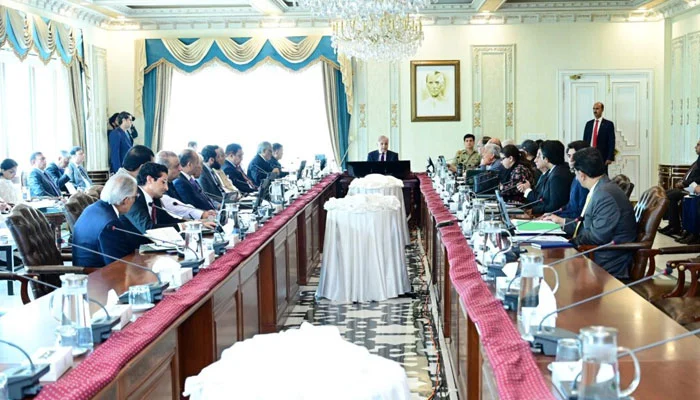
Boris Johnson is due to visit Belfast later to encourage the restoration of Northern Ireland’s government.
The Democratic Unionist Party (DUP) is refusing to enter the assembly because of the Northern Ireland Protocol.
It was designed to ensure free trade continued across the Irish land border.
The recent assembly election on 5 May cemented a majority for those who accept the protocol, including the new largest party, Sinn Féin. But it has been opposed by unionist politicians.
The DUP has argued the protocol has eroded the foundations devolution was built on and undermined Northern Ireland’s position in the UK.
Despite signing up to the deal himself, Boris Johnson agrees changes are needed.
Writing in the Belfast Telegraph, he said the protocol was out of date and did not reflect the reality of a post-Covid era with a European war and a cost of living crisis.
He added that he was open to dialogue but warned the UK would have to act if the EU did not change its position.
A senior government source said that barring any last minute changes, the government would introduce the legislation to strip away parts of the protocol to enable easier trade.
Such legislation would have to go through parliament however, which could take months.
Some fear that should the UK act unilaterally, it could spark retaliation from European countries and ultimately a trade war – the last thing many businesses and households want at the time of a cost of living crisis.
The last crisis at Stormont took three years to resolve.
Boris Johnson wants this one to be sorted much more quickly but others won’t hold out the same hope.
During his flying visit he’ll urge the parties to get back to work – in truth a message aimed mainly at the DUP which argues the stumbling block remains the protocol.
The party says it won’t promise anything until it sees action from No 10.
Those first steps are expected to be announced by the government on Tuesday.
Already Sinn Féin has accused the prime minister of playing politics and Dublin warned that any unilateral action will mean retaliation from the EU.
Solving political problems requires trust on all sides – something in very short supply right now.
The EU has acknowledged the protocol has caused difficulties for Northern Ireland businesses. In October, it put forward proposals which it said would cut paperwork and checks on goods entering NI from Great Britain.
However, the UK rejected these plans last week saying they would make things worse.
On his visit to Northern Ireland, Mr Johnson is expected to tell party leaders that any move to change post-Brexit trade rules must also restore power-sharing at Stormont.
He is then expected to outline the government’s next steps on Tuesday.
Ahead of the PM’s visit, DUP leader Sir Jeffrey Donaldson said until Westminster made changes to the protocol, the consensus needed for power-sharing at Stormont did not exist.
Sinn Féin’s Michelle O’Neill warned any unilateral action to denounce the Brexit deal by the British government would be “reckless”.
“Walking away from international obligations would also represent an appalling attack on the international rule of law,” she said.
Ms O’Neill, who is entitled to the role of first minister since her party won the most seats in the historic election, will also meet the Taoiseach (Irish PM) Micheál Martin on Monday.
On Sunday, Ireland’s foreign minister warned that unilateral action by the UK government to the arrangements for Northern Ireland could undermine the peace process.
Simon Coveney accepted there was a need to address unionist concerns about how the protocol was working.
But he said there would be a “consequence” if the UK’s actions created significant uncertainty on the island of Ireland.
The UK government and unionist parties have made the case that the protocol is damaging the Northern Ireland economy but the evidence for that is inconclusive.
A free market think-tank has repeated the claim the protocol is costing £850m a year.
The report by the Institute of Economic Affairs (IEA) is based on a previous estimate by the Ulster University economist Esmond Birnie.
It used a small dataset to analyse the impact on businesses and then added the cost of what the UK government is spending on mitigation measures.
Last week, the National Institute of Economic and Social Research suggested Northern Ireland’s economy has slightly outperformed the UK average, partially due to the protocol.






